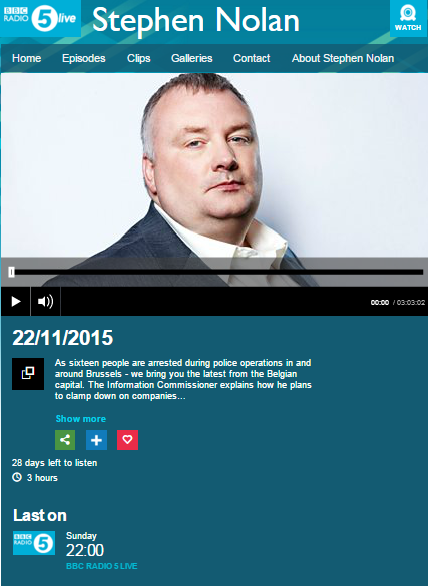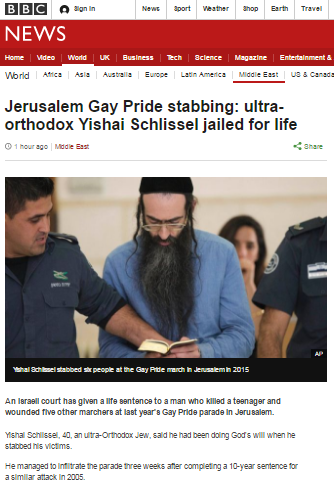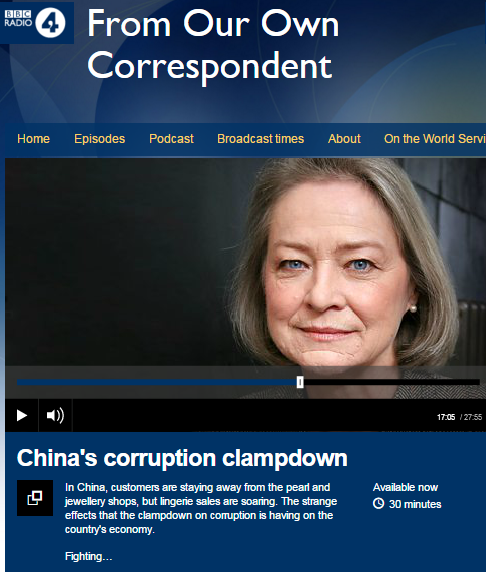h/t: RG
The BBC’s editorial guidelines include a section titled “Interacting with our Audiences” which outlines the editorial principles behind such activity and includes the following:
“When we offer interactivity to our audiences we should ensure that it:
- adds public value and enhances our output in a way which fits our public service remit.”
The public service remit mentioned above includes “Reflecting UK audiences” and “Promoting education and learning“, with the definition of the former including a statement from the BBC Trust according to which “[t]he BBC should give people opportunities to understand the beliefs of others…” and the definition of the latter including the Trust’s declaration that “[t]he BBC should enable people to learn about many different topics”.
The guideline includes a sub-section about phone-in programmes. There we learn that:
“presenters should be adequately briefed on BBC Editorial Guidelines and the law and be able to extricate the programme from tricky situations with speed and courtesy.”
One might therefore expect that when listeners are given inaccurate and misleading impressions by contributors to a BBC phone-in programme, the presenter would intervene to dispel those impressions.
The November 22nd edition of the Stephen Nolan show on BBC Radio 5 Live included an item (available for a limited period of time from 24:49 here) about a story described in the programme’s synopsis as follows:
“And after the refusal of leading UK cinemas to show an advert featuring the Lord’s Prayer, Stephen takes your calls on whether you think that was the right decision or not.”
One of the two callers put on air made the following remark:
“But I mean where is this going to end? Are we going to have Zionists and Jihadists clogging up the cinemas with their message?”
The second caller responded:
“…we have robust laws against hate speech. […] So, you know, to say we’re gonna have Zionists or ISIS adverts; I’m pretty sure that’s not going to happen.”
Presenter Stephen Nolan, however, made no effort to relieve listeners of the obviously false impression that UK laws against hate speech might theoretically be applied to content relating to the right of the Jewish people to self-determination in the Land of Israel. His failure to do so clearly hindered enhancement of the corporation’s remit to “give people opportunities to understand the beliefs of others” – with “others” in this case including many if not most of Britain’s Jewish community.




